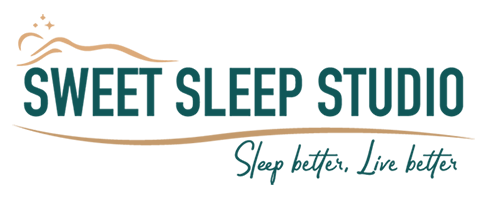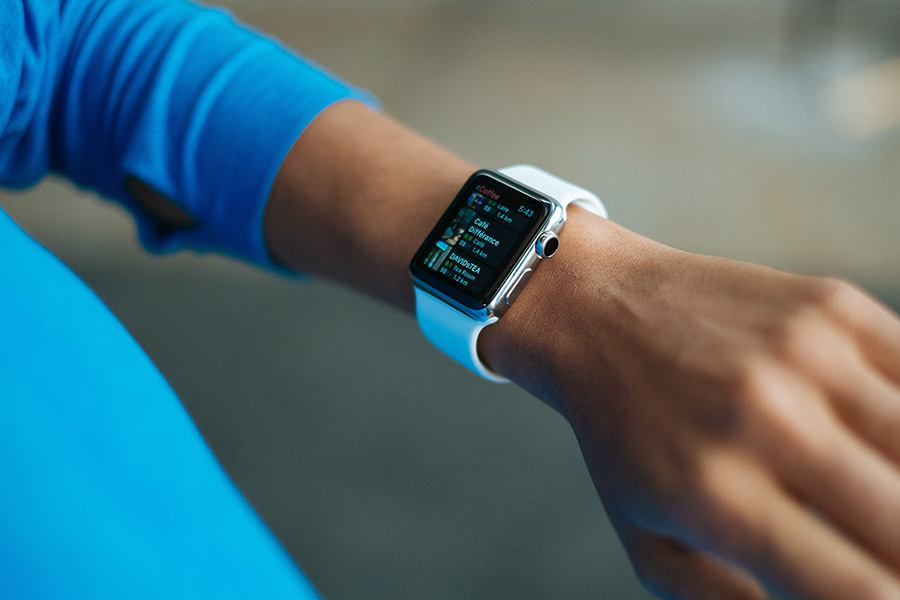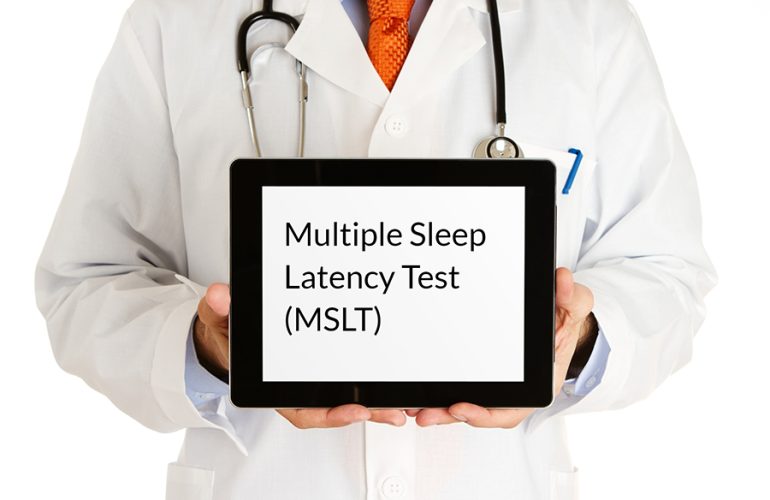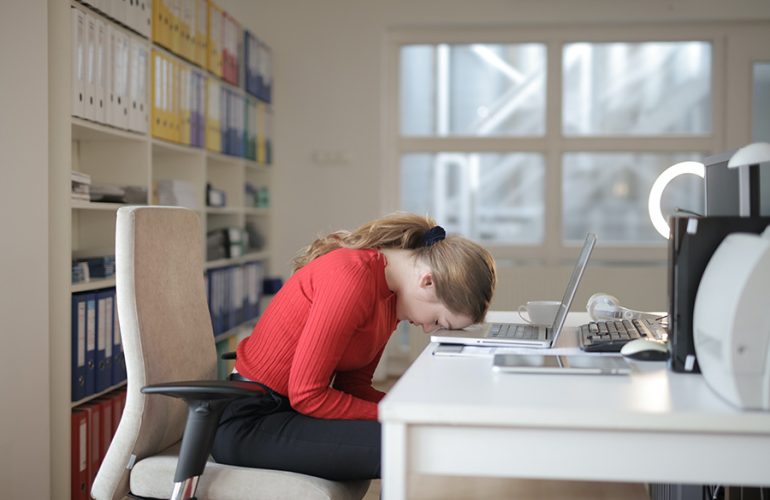Sleep apnea, a disorder characterized by disruptions in breathing during sleep, is a concern for many individuals. As the holidays approach and smart watches will be given as a gifts for loved ones. The questions that is often asked is can smart devices, such as the Apple Watch or Fitbit, detect sleep apnea? Let’s delve into the topic.
Wearable devices, also known as wearables, are electronic devices with microcontrollers that can be worn on the body or integrated into clothing. They often connect to the internet, making them part of the Internet of Things (IoT). The cost of wearable technology decreased significantly by 2009, leading to widespread adoption and subsequent sales growth.
Smartwatches and activity trackers are well-known examples of wearables in the consumer electronics market. These devices can collect biometric data related to the heart, brain, and muscles, offering valuable insights. With their potential for generating big data, researchers are focusing on developing algorithms to analyze the collected data and provide meaningful information.
While the gold standard for diagnosing sleep apnea remains cardiorespiratory polysomnography, which involves a comprehensive sleep study of heart and lung functions, home sleep apnea testing (HSAT) devices have become more accurate and specific in diagnosing sleep apnea. The SCOPER scheme was developed to evaluate and categorize HSAT systems by validating the crucial functions for diagnosing sleep apnea.
The SCOPER scheme assesses the following functions:
– Sleep (S)
– Cardiovascular system (C)
– Oxygen saturation (O)
– Body position (P)
– Respiratory effort (E)
– Airflow (R)
Instead of merely counting individual apnea events, the SCOPER scheme evaluates the functions necessary to characterize sleep apnea. It examines an HSAT’s ability to differentiate between central and obstructive apnea, which is vital for developing an effective treatment plan. Additionally, HSAT systems need to assess the severity of sleep apnea when reporting measurements.
It’s important to consult with a doctor if you suspect you have sleep apnea. While home sleep tests are gaining popularity, your doctor may still recommend a sleep study conducted in a sleep lab for more comprehensive testing.
Now let’s explore whether smartwatches can effectively track sleep and detect sleep apnea.
How Smartwatches Track Sleep
Contrary to popular belief, smartwatches like Apple Watch, Fitbit, or Garmin do not directly detect when you’re asleep. These devices make an educated guess using a process called actigraphy.
Most wearables incorporate an accelerometer, which tracks movement. The sleep app compares your movement patterns with data on typical sleep movements and uses a complex algorithm to estimate your sleep duration, phases, and quality.
However, actigraphy alone struggles to differentiate between sleep and wakefulness, and it can be misled by individuals who remain very still during sleep. For instance, a study found that wrist actigraphy overestimated total sleep time by more than 22 minutes.
So, what about the smartwatches that also track heart rhythm, blood oxygen levels, and respiratory rate? Are they more accurate at detecting sleep apnea? Let’s examine some specific devices.
Can Fitbit Detect Sleep Apnea?
Newer Fitbit models provide data on various health signals associated with sleep disorders, but they cannot diagnose sleep apnea. Fitbit is categorized as a “wellness device” rather than a medical device, and it is not regulated by the FDA. Therefore, it cannot claim to detect, diagnose, treat, or prevent any diseases or conditions.
While Fitbit can report on variations in blood oxygen levels (SpO2), it does not provide the actual readings of those changes. To detect sleep apnea, Fitbit would need to undergo rigorous and expensive clinical trials to obtain FDA approval.
Nevertheless, Fitbit’s built-in pulse
oximeter and accelerometer can offer wearers valuable data. If you experience changes in heart rate, respiratory rate, blood oxygen, sleep quality, or frequent awakenings during the night, it is advisable to discuss these symptoms with your doctor. They could be indications of obstructive sleep apnea (OSA) or another significant health condition.
Can Apple Watch Detect Sleep Apnea?
Unlike Fitbit, the Apple Watch contains a heart-rate sensor that is classified as a Class II medical device. Combined with third-party health apps, the Apple Watch potentially has the ability to detect sleep apnea, although it cannot diagnose the condition.
While the blood oxygen sensor on the Apple Watch is considered a “wellness device” and cannot claim to detect or diagnose health conditions, Apple obtained FDA clearance for the ECG features on Apple Watch Series 6 and 7.
Using the heart-rate sensor, an app called Cardiogram claims to detect atrial fibrillation, hypertension, and sleep apnea. The Cardiogram app utilizes an advanced AI called DeepHeart to analyze heart rhythm, ECG, and activity data, providing cardiovascular health insights with 82 percent accuracy compared to other wearables alone.
It is important to note the distinction between detection and diagnosis. While Cardiogram can detect the likelihood of sleep apnea, it cannot be used as a diagnostic tool for OSA.
What Happens if Sleep Apnea is Detected?
At present, even the most advanced smartwatches and fitness trackers can only detect the possibility of sleep apnea, necessitating further medical diagnosis. Only a sleep study analyzed by a board-certified clinician can diagnose obstructive sleep apnea.
Wearable devices may overestimate sleep time and sleep efficiency compared to the more sophisticated technologies available in a sleep lab. However, sleep measurements from a wristband can serve as a starting point for a discussion with a doctor about sleep-related concerns. If a doctor suspects a sleep disorder, they may order a formal sleep test, such as a sleep study.
Fortunately, advancements in technology allow for sleep studies to be conducted at home or in sleep labs.
If a sleep study confirms the presence of OSA, your doctor will likely prescribe continuous positive airway pressure (CPAP) therapy. CPAP machines provide non-invasive treatment by delivering pressurized air to prevent airway collapse during sleep.
If you suspect you or a loved one may have sleep apnea, it is crucial to consult with a doctor and schedule a sleep study.
Call Sweet Sleep Studio at (913) 309-5963 if you wish to learn more about the connection between sleep apnea and sleeping well.




